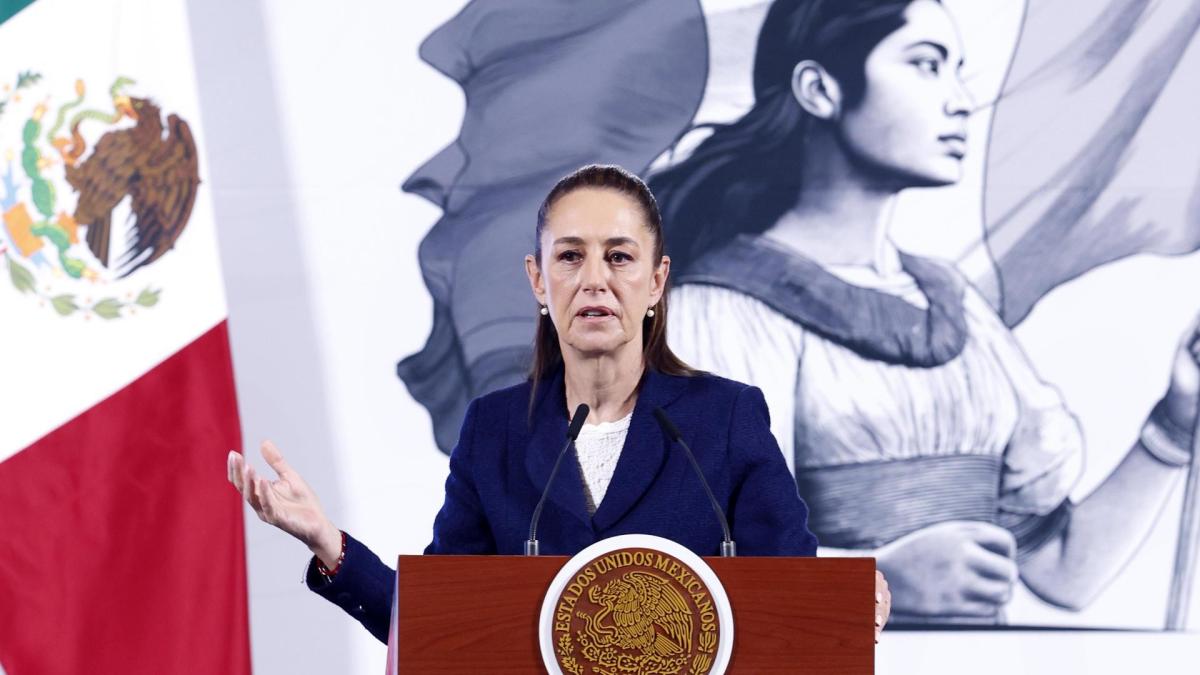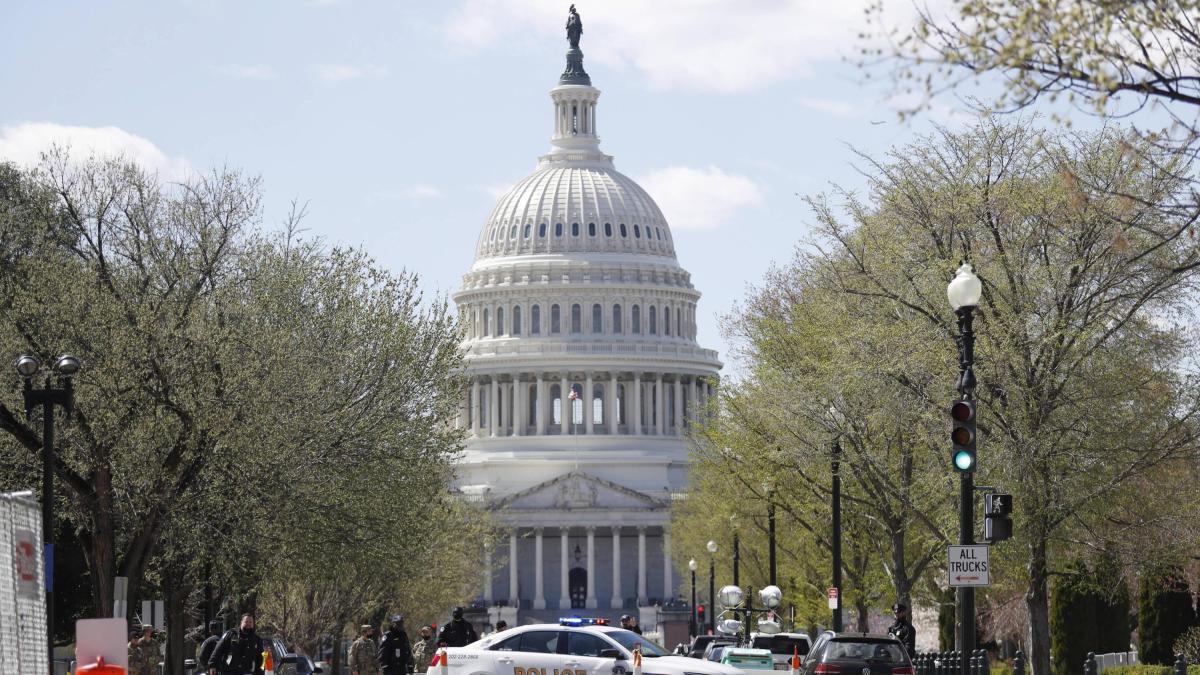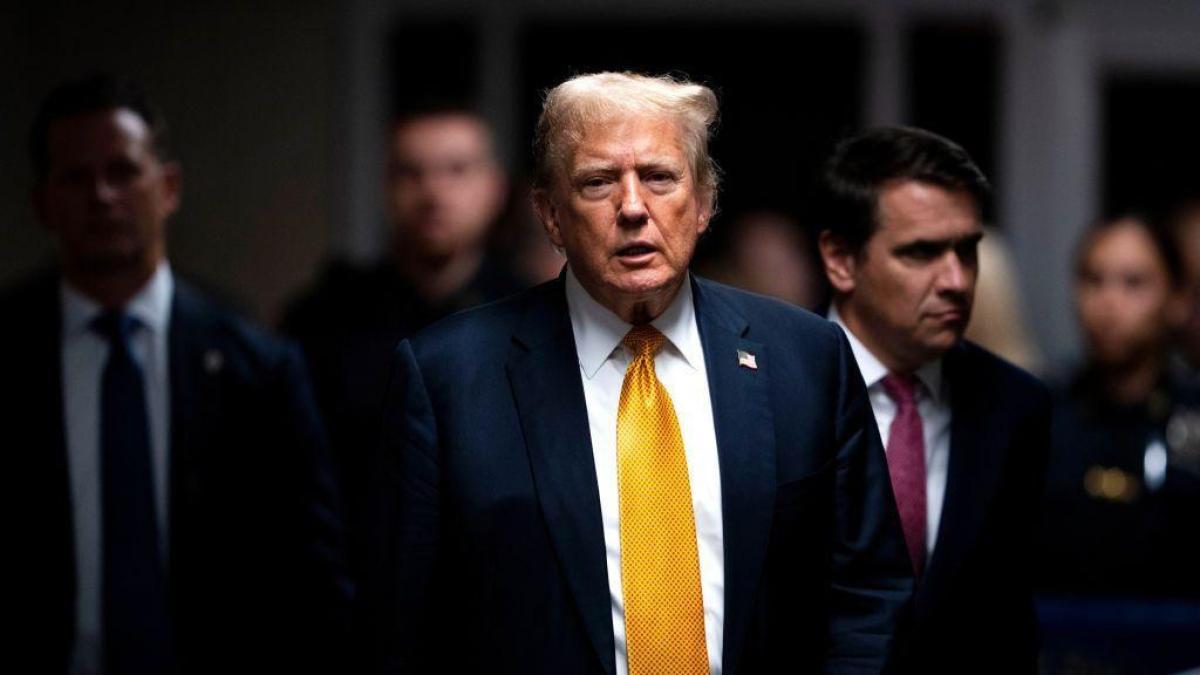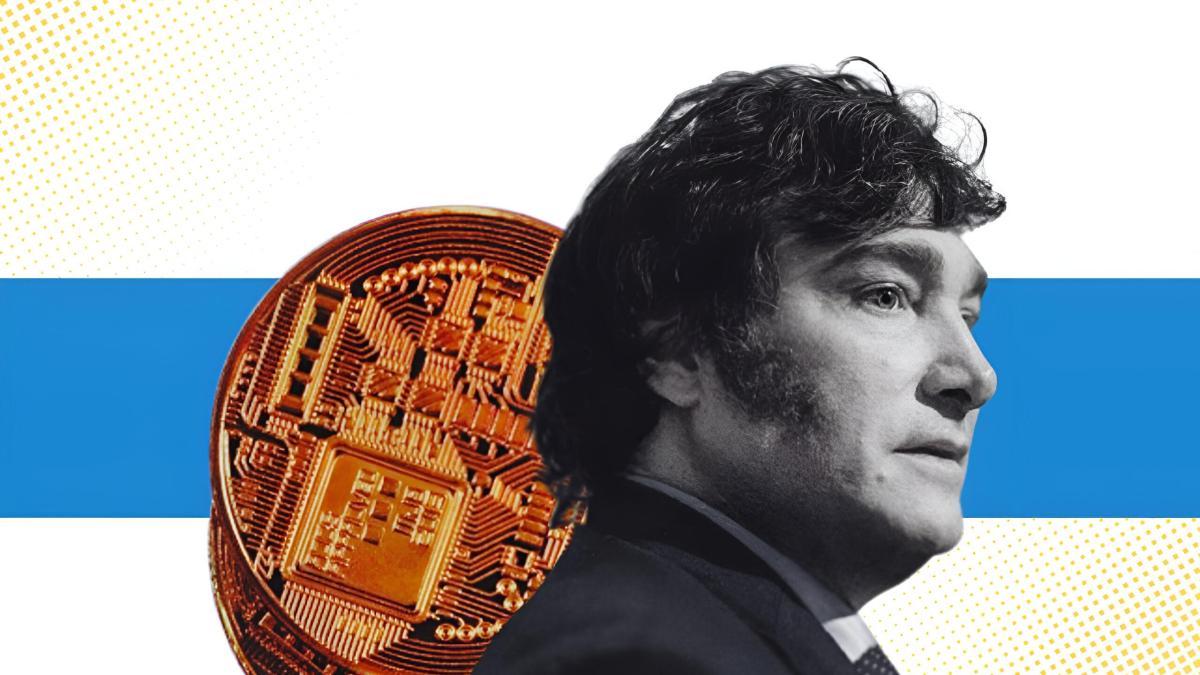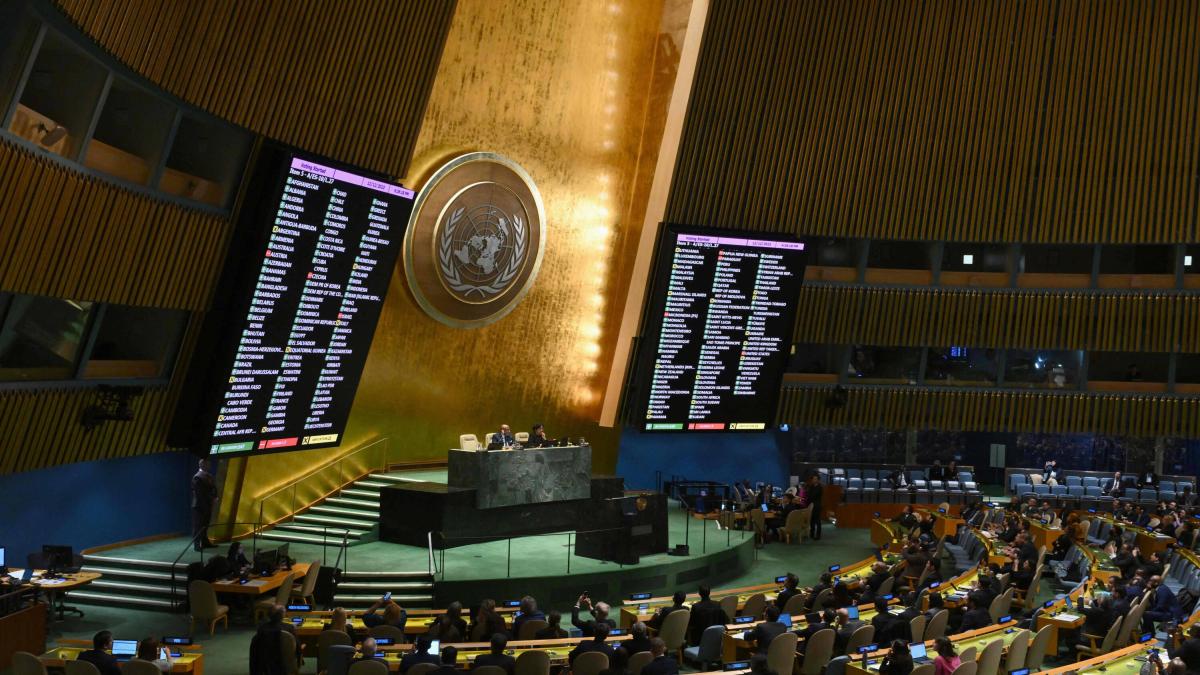what is devaluation: EGP USD: Egypt Gets Pre-IMF Flashback to Debt Distress, Devaluation Fears
Содержание
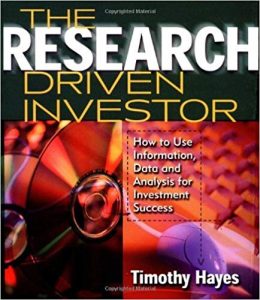
Egypt has faced constant pressure from U.S. dollar illegal market trading, which began following a foreign currency shortage that hurt domestic business and discouraged investments within the economy. The central bank devalued the Egyptian pound in March 2016 by 14% compared to the U.S. dollar to mitigate the underground market activity. Still, in a country whose economy is mainly based on tourism, the exchange rate attracts visitors. The same goes for remittances, which increase in value and mean more money arriving from other countries with a stronger currency. Also, devaluation can cause people who produce and sell things abroad or earn money in a different currency to make more money because of the better exchange rate with their local currency.
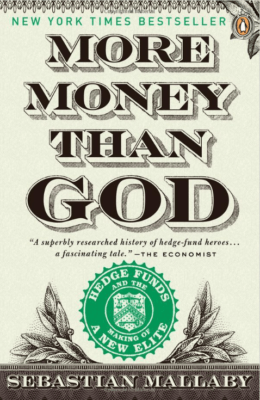
Most currencies traded on foreign exchange markets are not pegged to another currency. In the case of floating exchange rates, the demand for one type of currency might change relative to another due to various market forces. When a floating currency loses value compared to another currency, that’s called a depreciation . When a weak currency is fixed to a stronger currency it has more stability and it is more competitive in terms of price because its goods appear cheaper in foreign markets making it more appealing. Most consumers will look for the best price to purchase their goods so if they can import goods from another country to increase their own profits they will. Those examples are not technically devaluations, although many people incorrectly use the terms depreciation and devaluation interchangeably.
Reasons Of Devaluation
Devaluation usually happens when a country has a fixed exchange rate. This is because the government can control the value of its currency by setting the rate. If a country has a floating exchange rate, the market will determine the value of the currency, and the government cannot intervene. Devaluation can also be caused by currency relative, which is when the value of one currency goes up or down in relation to another currency.

Most of the time, currency devaluation is used as a monetary policy tool to boost trade. However, there are multiple limitations to these policies, and a government should take a properly analyzed decision if they decide to roll out such a policy. Monetary PolicyMonetary policy refers to the steps taken by a country’s central bank to control the money supply for economic stability.
Monetary and fiscal policies
If imports are more expensive, domestic consumers are less likely to purchase them, further strengthening domestic businesses. Because exports increase and imports decrease, there is typically a better balance of payments because the trade deficit shrinks. In short, a country that devalues its currency can reduce its deficit because there is greater demand for cheaper exports. Devaluation is a monetary policy tool used by countries to reduce the value of their currency by bringing a deliberate decline in the value of a country’s currency as compared to other currencies.
It depends on the state of the business cycle – In a recession a devaluation can help boost growth without causing inflation. We can also feel the effect of devaluation when travelling to another country with a stronger currency because we need more of our local currency to match it. Some types of devaluation can cause salaries and savings to be worth less, which is certainly not good. This share prices have a 15 minute delay and are shown in the local time of the market in which the quote is displayed. But it’s wise to keep an eye on long-term forecasts for an economy with devalued currency.
- In a fixed exchange rate regime, only a country’s government, such as its central bank, can change the official value of the currency.
- Inflation is an increase in the prices of goods and services over time due to an imbalance between demand and supply.
- Next to someone who has a habit of devaluing the actions and actions of others, you can find yourself in the position of an eternal debtor.
- Regulations that increase costs for manufacturers could create cost-push inflation.
- On a world market, goods from one country must compete with those from all other countries.
You can learn more about the standards we follow in producing accurate, unbiased content in oureditorial policy. While devaluing a currency may be an attractive option, it can have negative consequences. Increasing the price of imports protects domestic industries, but they may become less efficient without the pressure of competition. The Trump administration responded by labeling China a currency manipulator.
Is currency devaluation good or bad?
However, the policy move failed and the peso was allowed to float. Most countries experience some change in the value of their currency over time. A few nations have even watched their money become worthless on the international exchange during bouts of hyperinflation . Examples include Germany after World War I, Bolivia in the 1980s, and Zimbabwe in the 2000s. Currency devaluation refers to the downward adjustment to a country’s value of money relative to a foreign currency or standard.
Devaluation is when a country’s currency is worth less than it was before. This happens when the country’s government makes deliberate decisions to make its currency worth less in the global market. Devaluation usually happens when a country’s economy https://forexbitcoin.info/ is struggling and its government wants to make its exports cheaper so that it can trade more and improve its economic situation. Devaluation can be used as a tool to combat inflation, encourage exports, and improve the country’s trade balance.
«Limitations on the availability of workers have led to wage increases and higher prices,» says deRitis. «Deaths and illnesses related to the pandemic reduced the size of the workforce both directly and indirectly.» An example of this type of demand-pull inflation would be tickets to the Super Bowl. More people want to attend the Super Bowl than the number of available seats .
Recommended Articles
Devaluation can also be caused by political instability or a change in government policy. There are a number of factors that can cause a currency to be devalued. Inflation combined with low wage growth (e.g. public sector pay freeze of 1%) – has seen a fall in real incomes causing lower consumer spending. E.g. in a recession, a devaluation is unlikely to cause inflation. If a person seeks to devalue others, he needs to build personal boundaries. «Bad» people are constantly around, not because the world is a scary place.
Winners and losers from Devaluation
Conversely, imports will become more expensive for citizens of the country whose currency devalued. On a world market, goods from one country must compete with those from all other countries. Car makers in America must compete with car makers in Europe and Japan. If the value of the euro decreases against the dollar, the price of the cars sold by European manufacturers in America, in dollars, will be effectively less expensive than they were before. On the other hand, a more valuable currency make exports relatively more expensive for purchase in foreign markets. At this new exchange rate, you can buy pants that cost 140 CAD with just 70 USD.
What Is Devaluation and What Does It Mean for Traders?
This site does not include all credit card companies or all available credit card offers. That’s a more organic event that isn’t deliberately engineered by a small group of country officials. foreign exchange fraud Even so, the revaluation policy can also have a less favorable impact on business actors on competitiveness and the benefits obtained when carrying out import-export activities.
In 2001, Argentina devalued the peso by 30% against the US dollar. This led to an increase in inflation and a decrease in demand for Argentine exports. A country may also experience currency devaluation if there is a decrease in demand for its exports. If the global economy is in recession, then a devaluation may be insufficient to boost export demand.
Exports are those products or services that are made in one country but purchased and consumed in another country. The government issuing the currency decides to devalue a currency. It’s a truth universally acknowledged that all airlines will eventually devalue their frequent flyer programs at some point. But compared to some we’ve seen recently, such as Singapore Airlines KrisFlyer, Etihad’s changes are more extreme in some cases. While Etihad’s own flights haven’t been affected too drastically, the new partner airline table has practically eliminated all previous sweet spots. For example, you could previously fly Virgin Australia Business Class from Perth to Melbourne for only 21,800 miles.
He is a CFA charterholder as well as holding FINRA Series 7, 55 & 63 licenses. He currently researches and teaches economic sociology and the social studies of finance at the Hebrew University in Jerusalem. Verywell Mind uses only high-quality sources, including peer-reviewed studies, to support the facts within our articles. Read our editorial process to learn more about how we fact-check and keep our content accurate, reliable, and trustworthy.
The keys to financial survival during inflationary times, then, are to reduce spending and expenses, increase income if possible, and put your money in inflation-friendly investments. When people anticipate higher inflation they can bargain for higher wages to help offset the increased cost of living. This can lead to businesses raising prices higher causing what’s known as a wage-price spiral. Economists also point to the potential inflationary effect of unexpected changes in the economy, especially as it relates to the supply of money. This is based on the idea that if everyone expects inflation due to the increase of money in the economy, supply will have an opportunity to increase to match demand. An unexpected influx of cash doesn’t allow the supply side to catch up, resulting in inflation.


